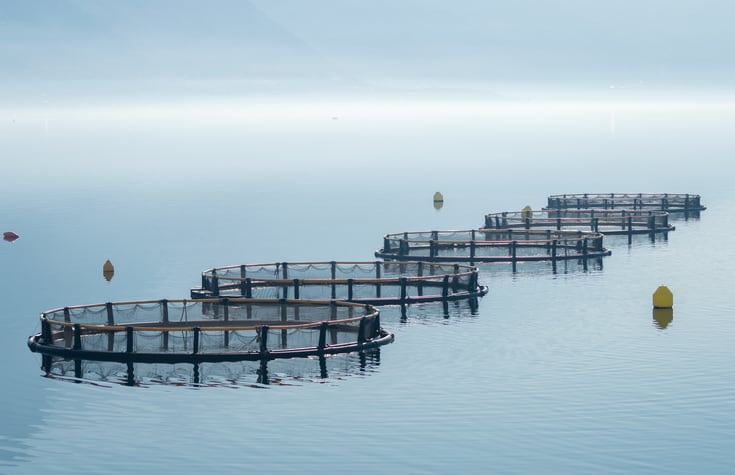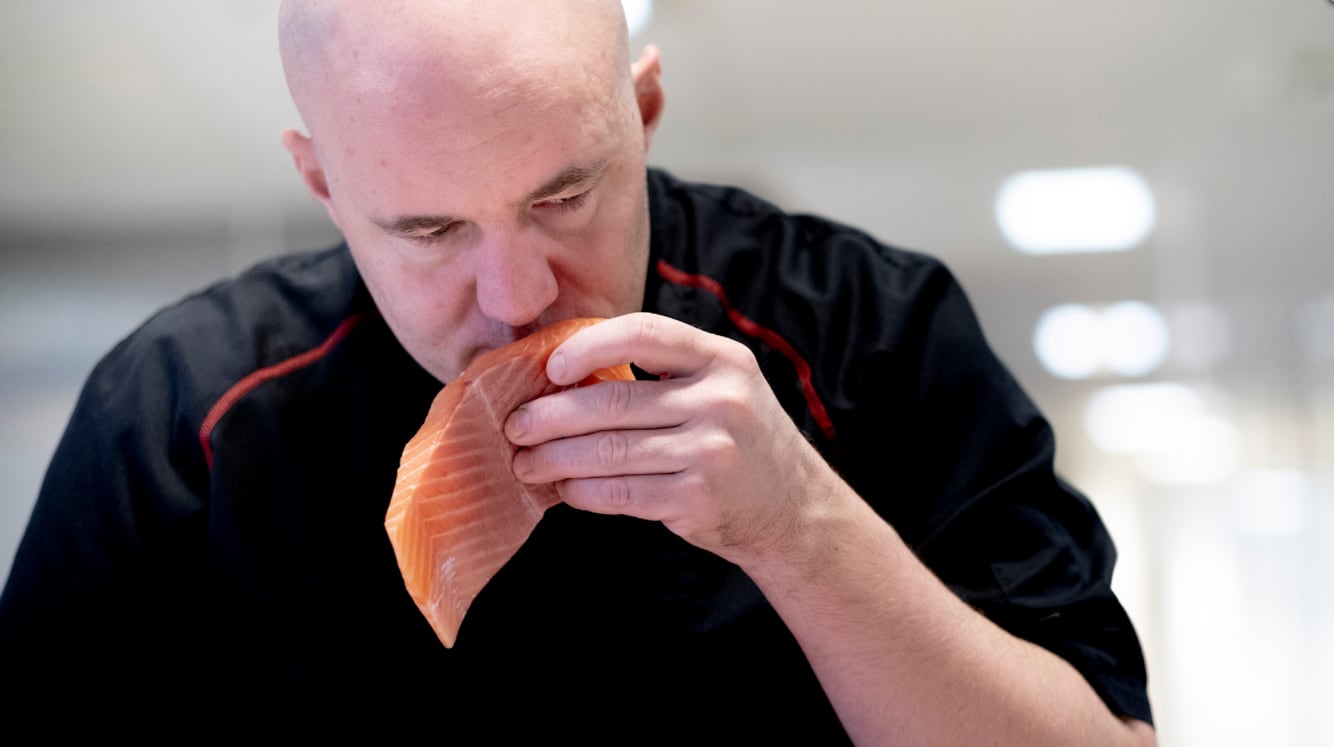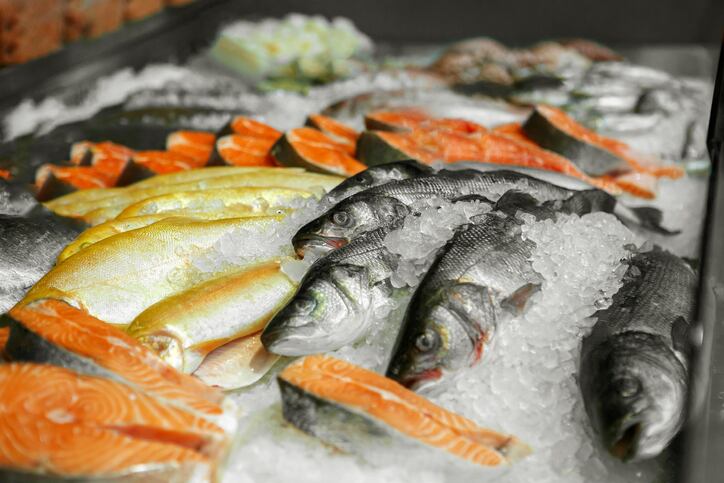New analysis into the negative impacts of salmon farming by Just Analysis puts the cumulative costs to economies, society and the environment since 2013 at almost US$50 billion. More than half of these costs are falling to producers (US$28 billion), with the rest being passed on to society (US$19 billion) in the top four salmon-producing countries, the report claims.
Norway, Scotland, Canada and Chile account for 9% of farmed salmon across the world. The report identifies that poor fish husbandry, parasites and pollution are causing hundreds of millions of fish mortalities before the fish are ready for slaughter. This accounts for the highest proportion of the costs - US$15.5 billion - to the four countries’ economies (US$8.9 billion in Norway, US$922 million in Scotland, US$768 million in Canada and US$4.9 billion in Chile, between 2013-2019).
Of the four countries, only Scotland and Norway publicly release mortalities data. In Scotland, deaths have increased two-fold since 2013, from 10,329 tonnes in 2013 to 25,772 tonnes in 2019. More than 13% of the harvest was lost in 2019, the report claimed – a significant figure that is three times higher than mortality rates on UK chicken farms.
Ten companies, with combined total revenues of more than US$12 billion in 2018, account for 50% of global salmon production. The report claims that ‘short-term pursuit of profits by these producers has resulted in the deaths of 100 million salmon (half a million tonnes) since 2010’.
In the wake of its report, Just Economics called on governments to ensure more robust regulation of salmon farming by restricting licences and subsidies to companies that meet higher standards.
It recommended that companies should diversify species cultivated via aquaculture, prioritising non-carnivorous species, and improving fish husbandry. It said, the industry must also invest in technologies to address the risks and drive a rapid transition towards alternative feeds and farming practices.
It further suggested that investors need to take a long-term view, which may involve accepting lower returns in the short term but will create competitive advantage in the long run.
Eilís Lawlor, Director, Just Economics, said: “There is a growing demand from consumers to source fish from producers that care for the environment, protect coastal communities and prioritise fish welfare. However, our analysis shows that salmon farming is incurring significant economic, social and environmental costs that are not currently accounted for in company reporting. Investors should factor in the long-term risks facing salmon aquaculture and governments should implement robust regulation to ensure that companies rapidly switch to more sustainable farming practices.”
Natasha Hurley, Campaigns Manager, Changing Markets Foundation, added: “Salmon farming is a prime example of a broken food system: every year, it hoovers up millions of tonnes of wild-caught fish for feed, mortality rates on farms are soaring, and pollution is harming pristine ecosystems and wild salmon. This analysis shows that disregard for good fish husbandry is not just bad for the environment and fish welfare, it’s also a business risk: companies are squandering money and resources and if they carry on like this, the industry won’t be able to sustain itself in the long-term. Sooner or later it will hit environmental limits and a refusal by tax-payers to keep footing the bill for pollution and other losses.”





